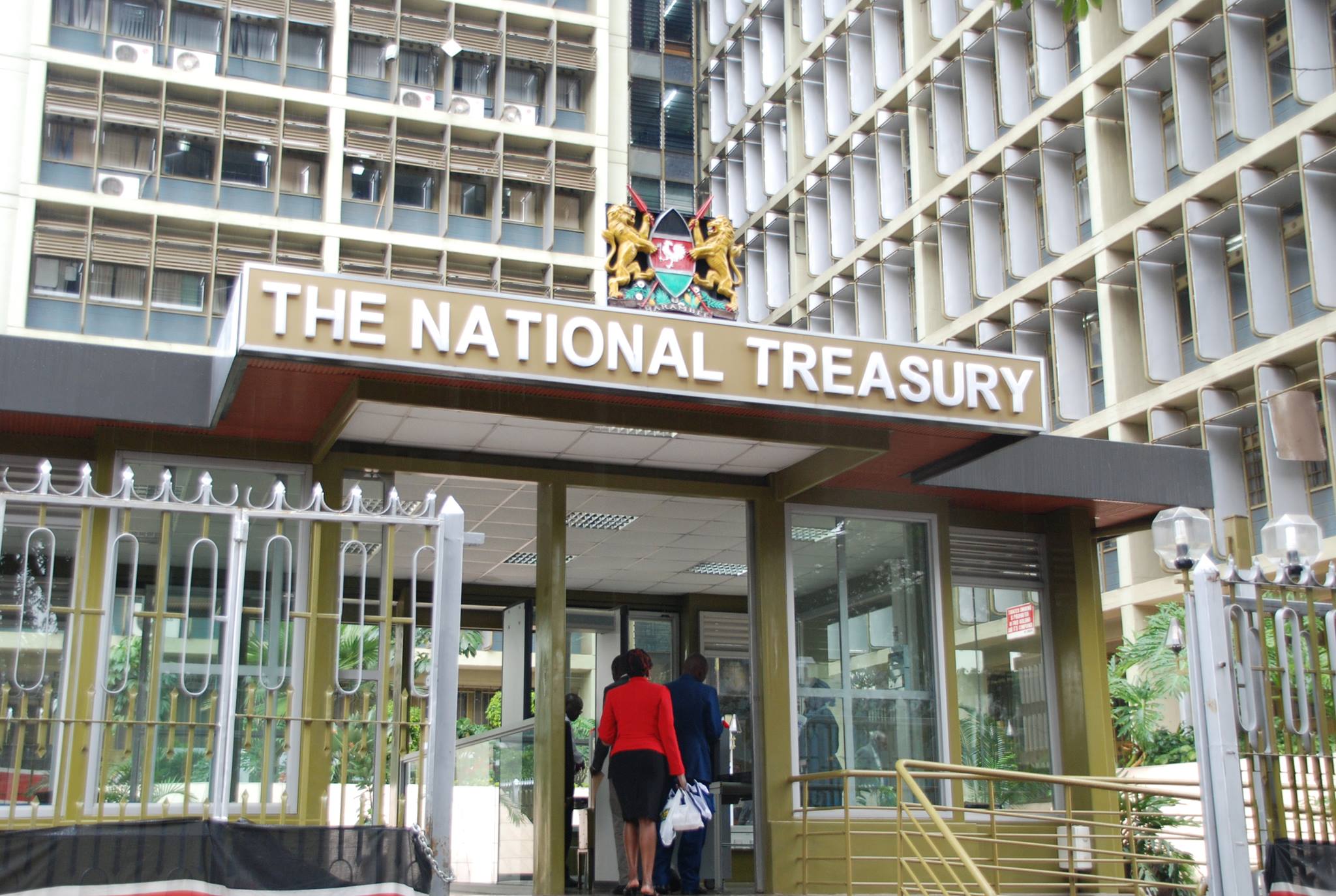

The government hopes to raise Sh100 billion by offering Kenya Pipeline shares through the Nairobi Securities Exchange to the public.
The proposal, formally submitted to Parliament through a sessional paper tabled by Kilifi North MP Owen Baya, outlines the structure, cost, and rationale for the listing of KPC, one of the most strategic state corporations in the petroleum sector.
According to the report, transaction advisors in the IPO will be compensated through a blend of fixed fees and success-based payments.
The fixed fees — covering due diligence, structuring, and public participation — are expected to cost around Sh100 million.
Additional fees, including commissions for underwriting or placement services, will be drawn from the IPO proceeds.
“The fixed fees and public participation costs will be approximately Sh100 million. All the other fees will be paid from the proceeds of the IPO, which will be paid net of these costs,” said National Treasury Cabinet Secretary John Mbadi.
“Based on the analysis undertaken, the most appropriate method for privatising Kenya Pipeline Company (KPC) is through a public offering of shares on the Nairobi Securities Exchange (NSE).”
The Treasury argues that a public offering on the NSE is the most suitable route to privatise KPC, citing transparency, price discovery, and the promotion of broader shareholding as key advantages.
The IPO mechanism, the paper says, will ensure equal access for all investors, with provisions to prioritise Kenyan investors to strengthen public confidence in the process.
KPC was initially earmarked for privatisation in 2008 and formally included in the government’s privatisation programme in 2009.
The current plan seeks to revive this process in line with the government's broader strategy to mobilise capital for investment, enhance corporate governance in state-owned enterprises, and support fiscal stability through asset sales.
If approved, the IPO will mark one of the biggest listings on the Nairobi bourse and a significant test for investor appetite in Kenya’s energy infrastructure sector.
Treasury has already unveiled a plan to offload a 65 per cent stake in Kenya Pipeline Company (KPC) through the IPO, in a move aimed at raising Sh149 billion from the sale of State-owned enterprises.
The sale, part of a broader privatisation push, marks a significant shift in how the government plans to raise capital without resorting to new taxes.
The KPC IPO would open up the critical oil transport firm to public investment for the first time and is expected to be one of the largest listings in the NSE’s history.
In addition to KPC, Treasury also intends to sell part of its stake in Safaricom by June 2026.
The sale could take the form of a secondary IPO or a block trade to institutional and high-net-worth investors, further contributing to the state’s fiscal consolidation strategy.
The move comes at a time when President William Ruto has announced that a private investor will take over operations at the struggling textile firm Rivatex from this Friday.
Speaking during a sectoral meeting with players in the private sector, the President said the government will sign an offtake agreement with the investor, marking a major shift in efforts to revive Kenya’s textile industry.
“A private sector person is taking over Rivatex. From Friday, together with the Cabinet secretary for trade and industry, we are signing the offtaker,” Ruto said.
An offtaker typically enters into a legally binding contract (offtake agreement) with the project company, outlining the terms of purchase, including quantity, price, and delivery schedule.

















